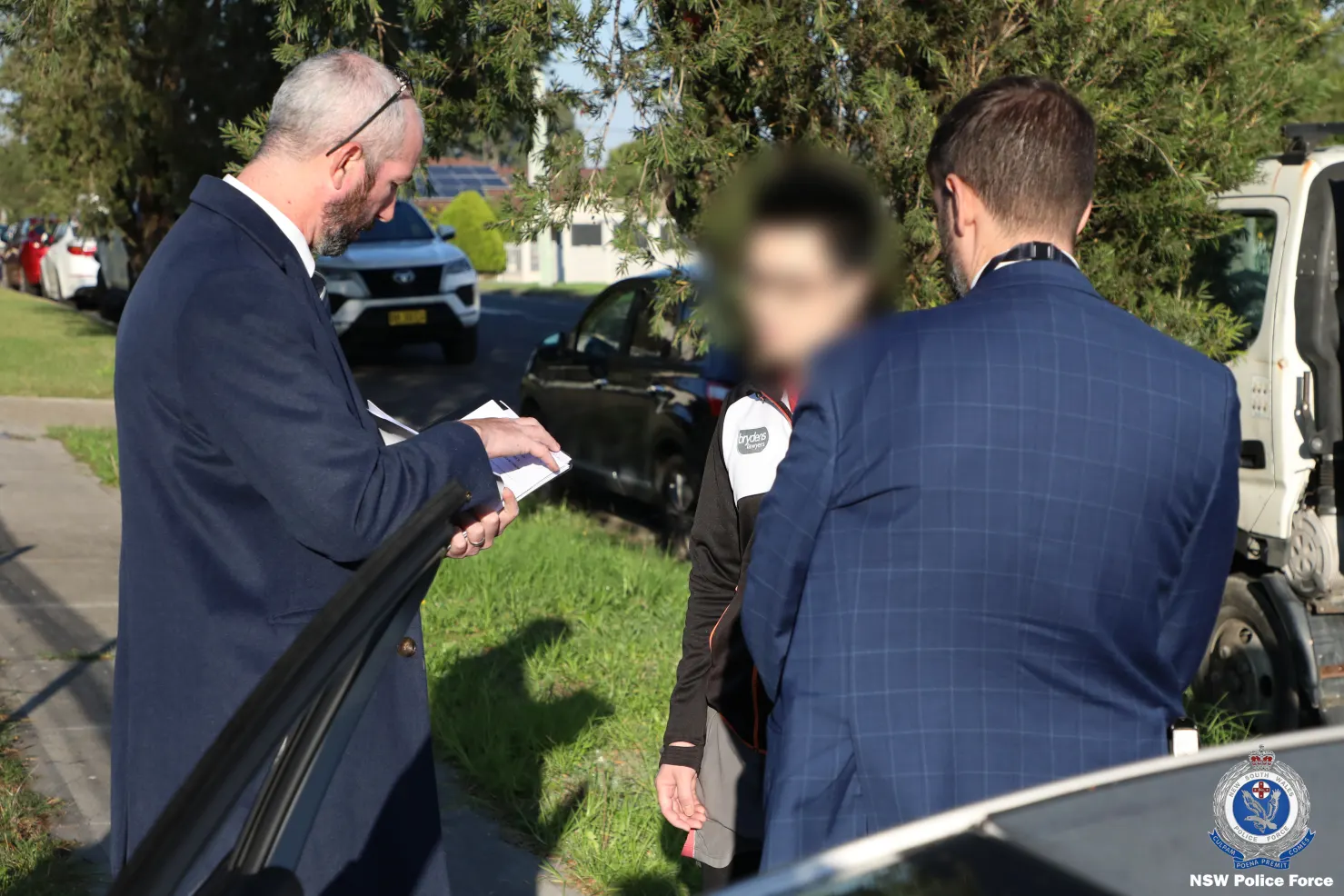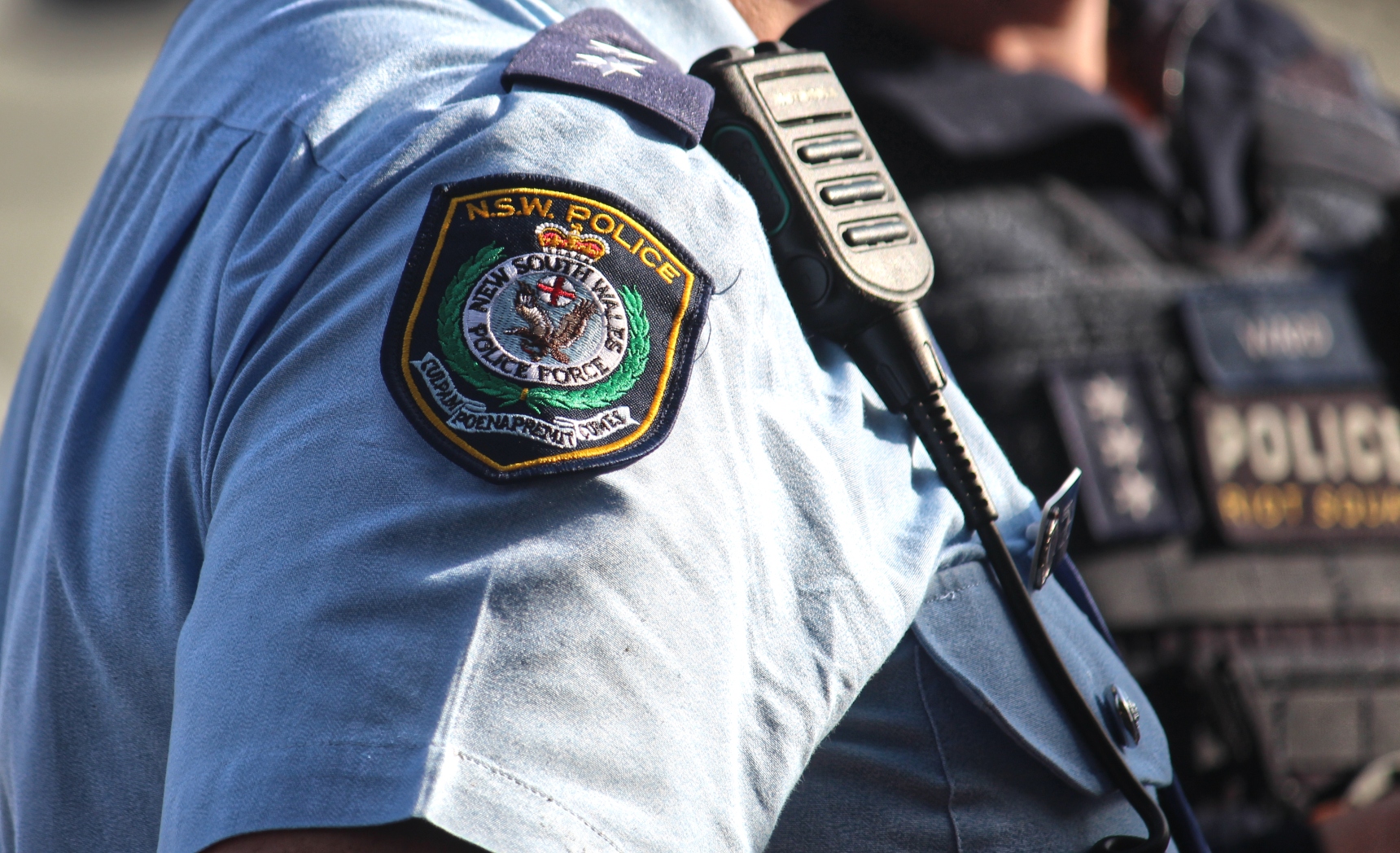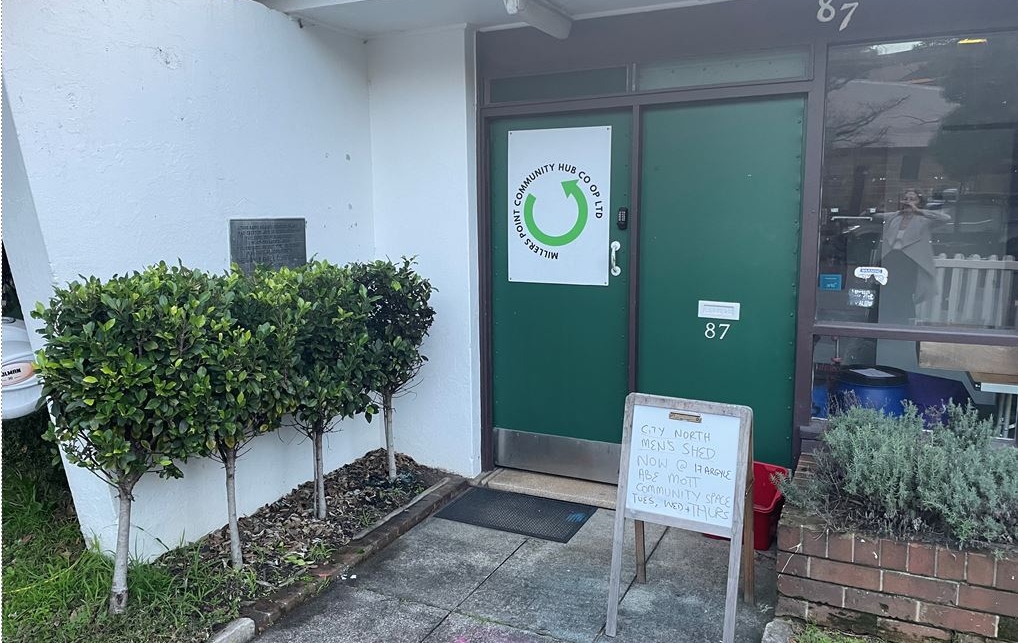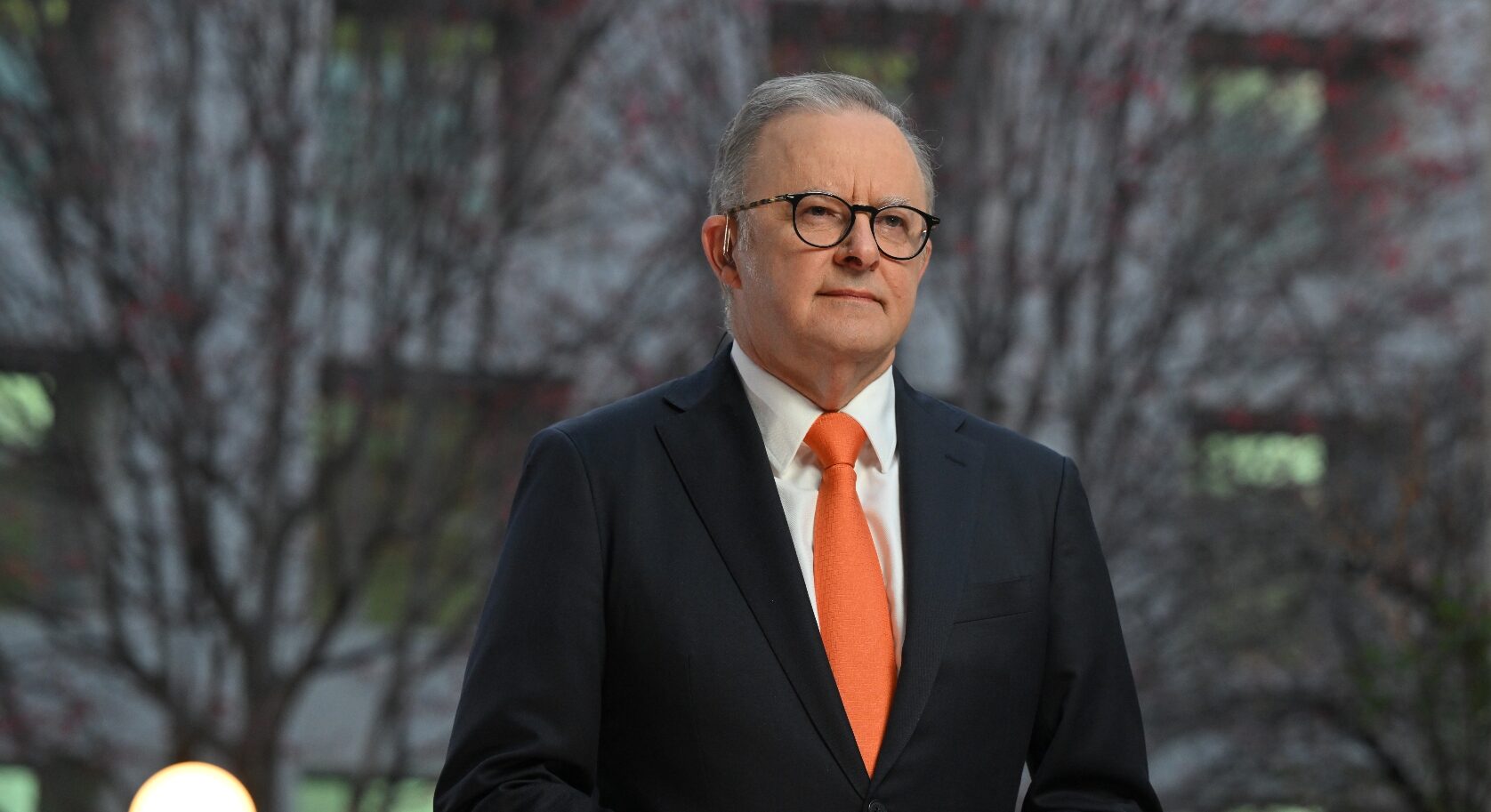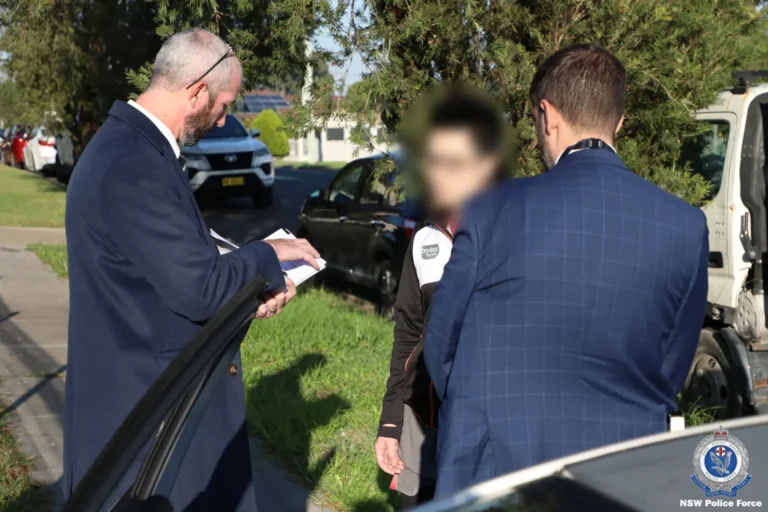
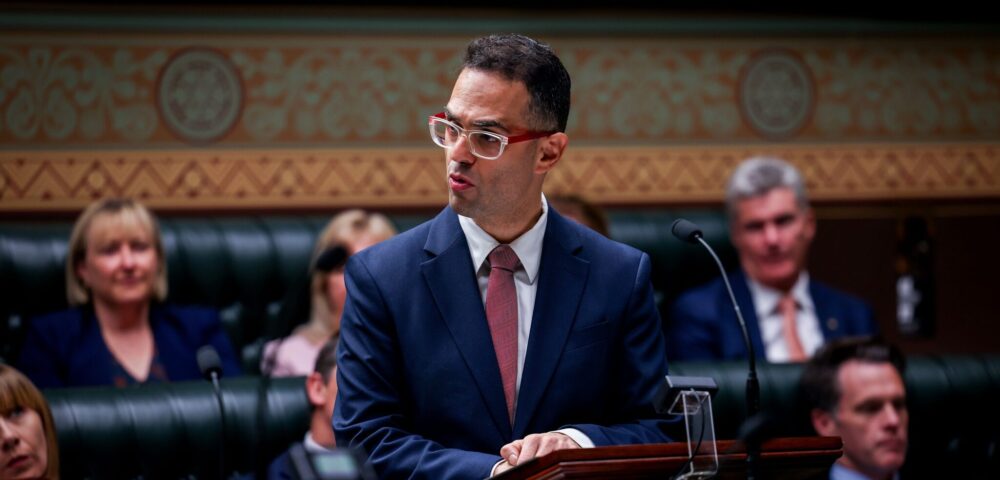
By JUSTIN COOPER.
The latest budget presented by the NSW Government has received criticism from environmental groups for not properly addressing the current climate and environmental crisis.
On Tuesday, NSW Treasurer Daniel Mookhey handed down the Labor Government’s first budget in almost a decade. However, The Nature Conservation Council of New South Wales (NCC) says that support towards biodiversity and the environment is “missing.”
Following the 2023-24 budget, NCC Acting CEO Brad Smith spoke out on the government’s lack of environmental spending, which remains “mostly unchanged” in comparison to the 2022-23 budget.
EV rebate replaced by infrastructure
The new budget has allocated $263.5 million towards the “efficient and equitable roll out” of EVs and corresponding infrastructure, such as charging stations and zones.
However, the choice to withdraw the $3,000 subsidy for new EV buyers has been criticised for not incentivising the clean energy alternative.
“Families that were ready to purchase their first electric vehicle are clear losers from the budget,” says Smith.
“Removing the stamp duty exemption for electric cars will make it harder for NSW families to upgrade to cleaner cars that are cheaper to run.”
“Every new petrol car sold locks in petrol costs and climate pollution for decades,” Smith continues.
The choice has also been slammed by the Liberal opposition. Following the announcement of the government stepping away from the rebate scheme, Shadow Minister for Energy James Griffin labelled the decision “poor environmental policy.”
Griffin says NSW is “leading the country in terms of absolute sales” of EVs, with over 10,000 vehicles being sold in 2022.
Sharing the concerns of the Electric Vehicle Council Of Australia, who labelled the decision a “betrayal,” Griffin says that the government has done a “big U-turn when it comes to an EV future for NSW.”
“The Chris Minns’ decision to remove the rebate could seriously impact our position as the number one state and send NSW numbers into reverse gear while the rest of the world is heading in the other direction,” Griffin continues.
City Hub spoke with a spokesperson for the Minister of Energy, Penny Sharpe, who explained the use to utilise the rebate was to provide more publicly accessable charging stations.
“This is a deliberate shift away from cash incentives for a limited number of individuals, towards
spending on infrastructure for all, which will ensure NSW is ready for more EVs to hit the roads,” said Sharpe, in announcing the EV budget investment last week.
“If we don’t have the infrastructure, people won’t jump on board,” Shape continued.
Renewable Energy Future
One of the larger investments in the budgets, an additional $1.8 billion has been allocated towards establishing the Energy Security Corporation and accelerate clean energy grids across the state.
The Energy Security Corporation aims to be a government owned body in order to progress renewable energy solutions.
Sharpe previously explained the investment will provide large-scale grid projects and be stretch across the state – including a Renewable Energy Zone within the Central West-Orana.
“We want to give households and communities more power to make choices about how they generate and use energy,” said Sharpe.
“That’s why the Energy Security Corporation will invest in projects like community batteries to help more households use their rooftop solar to become self-sufficient.”
NCC says the $3.4 billion to be provided for renewable energy over the next 4 years has been considered “a welcomed and much needed investment,” says Smith.
However, Smith raised concerns that the Energy Security Corporation may be delayed until the end of the decade.
“There’s a lot the Energy Security Corporation could do to bring on clean energy and storage sooner so that taxpayers aren’t forced to give handouts to Origin Energy’s Eraring coal power station,” says Smith.
Protecting Native Habitats
One budget “bright spot” highlighted by the NCC, was the government’s commitment to stop logging amongst the Great Koala National Park in the Coffs Harbour region.
Of the $172 million towards fulfilling their election commitment; $80 million will be allocated towards Great Koala National Park projects; and $88 million will go towards supporting Koala habitats in south and south-western Sydney.
“Now the challenge is to ensure the Great Koala National Park isn’t logged to the ground before it’s protected,” explains Smith.
Whilst supporting specific Koala habitats, NCC notes that $58 million will be “handed out to forestry corporations” a part of road repairs – potentially clearing native bushland areas.
“The NSW taxpayer will continue to foot the bill for Forestry Corporation to pulp our native forests for wood chips and cardboard. This will include koala, swift parrot and greater glider habitat along the north and south coast, and habitat inside the boundaries of the future great koala national park,” Smith explains.
“Future budgets will need to have far more funding to rein in the declining health of our ecosystems.”
“With over 1000 species on the threatened list, our environment challenges are growing, but funding to solve them is not,” says Smith.




